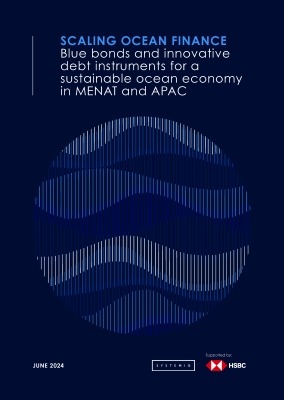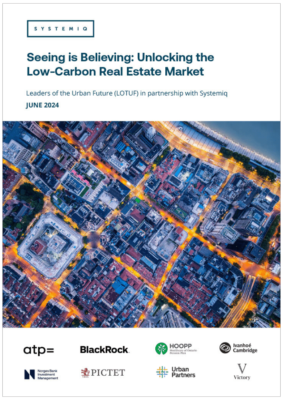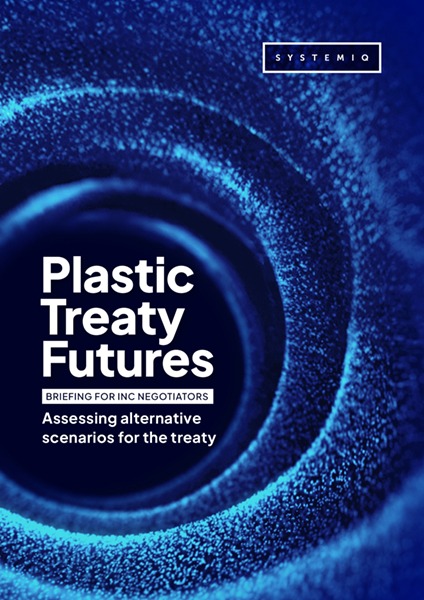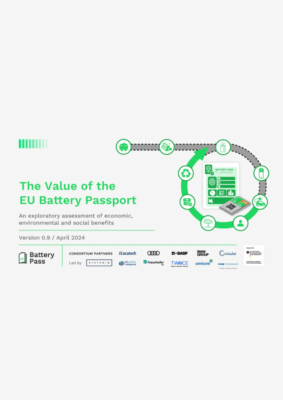Blue bonds and innovative debt instruments for a sustainable ocean economy in MENAT and APAC
Blue bonds are one of the most promising emerging mechanisms that can help unlock finance at scale. Like conventional bonds, they are a fixed-income instrument, where bond investors lend money to the issuer, who agrees to repay a fixed interest rate and return the initial investment.
While use-of-proceeds blue bonds are most common, sustainability-linked bonds, blue debt-for-nature swaps and other debt financing instruments can all be used to raise money for blue economy projects.
The blue bonds market is still small, but it is gaining traction and the prize is clear. If growth continues at the same rate as the more mature green bond market, blue bonds could mobilise up to $14bn of new finance in 2030 and close almost 10% of the estimated annual funding gap for SDG 14.
As the market grows, blue bonds can unlock finance for critical investments across the world. Our report focuses on two regions: the Middle East, North Africa and Turkey (MENAT) and Asia-Pacific (APAC).
- In MENAT, blue bonds could finance the transition to clean marine-based renewable energy, the growth of sustainable and ecotourism models, and vital water infrastructure that simultaneously tackles wastewater pollution and growing water scarcity.
- In Asia Pacific, blue bonds could unlock investment to address ocean pollution from plastic and waste water, to transition ocean sectors like fisheries and shipping to more sustainable models, protect and restore vital ecosystems, and to scale nature based adaptation solutions for some of the most climate vulnerable countries in the world.




